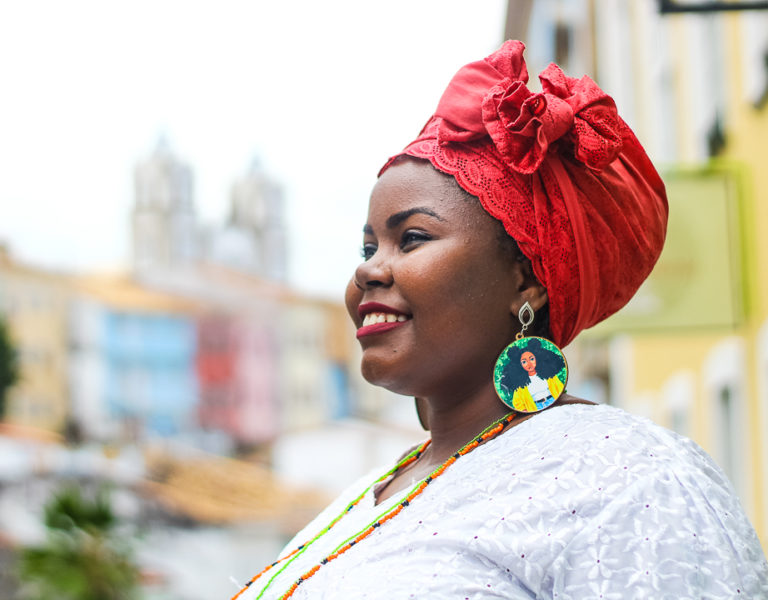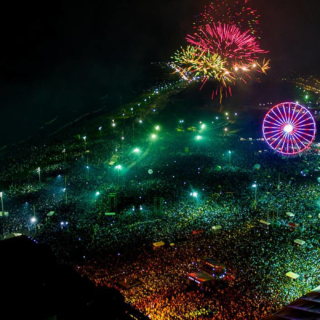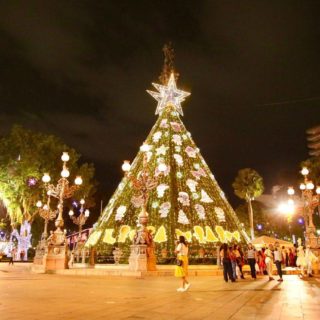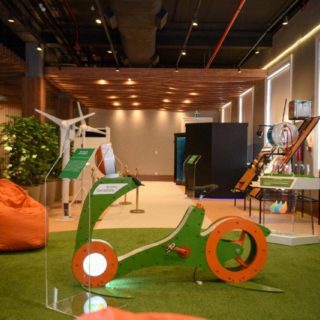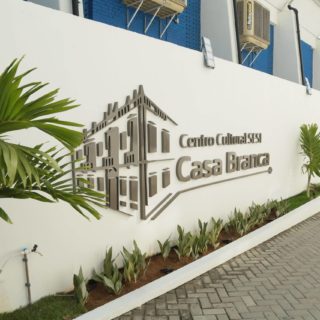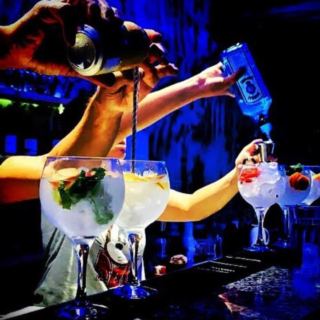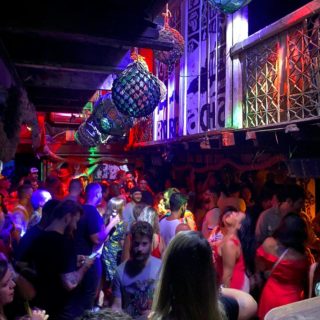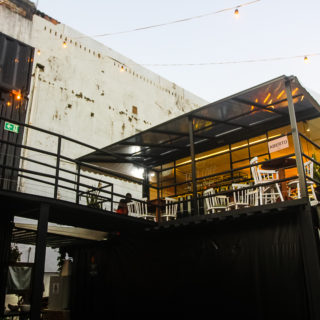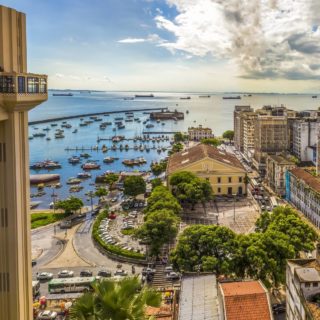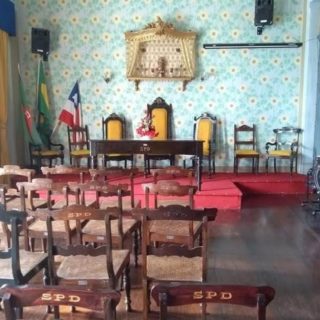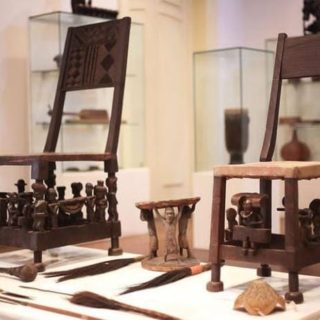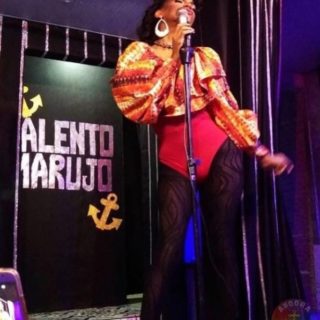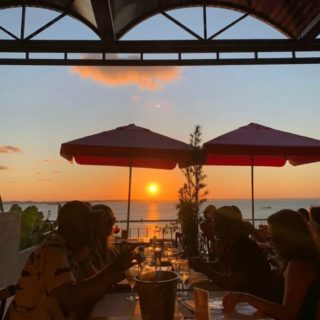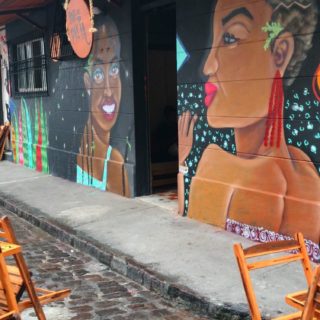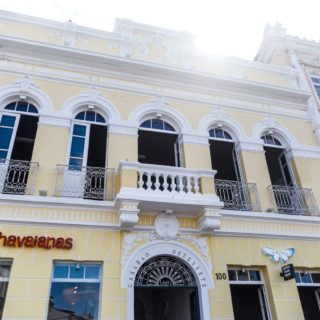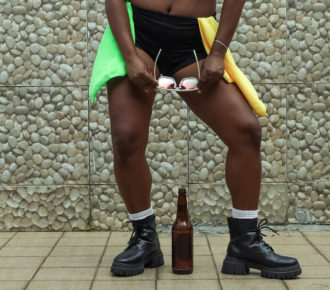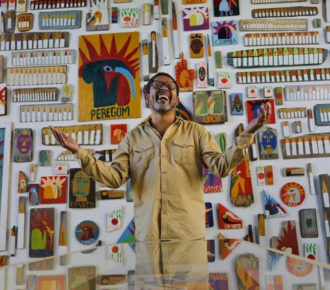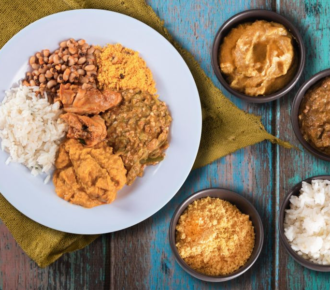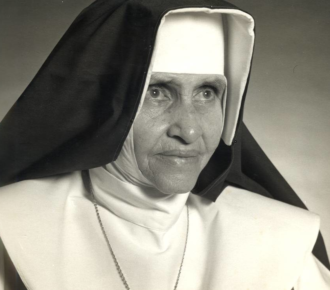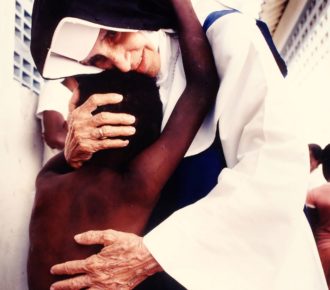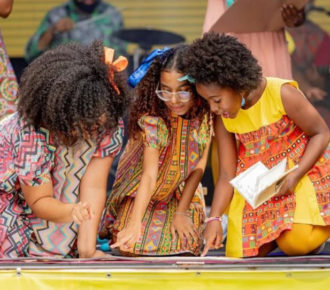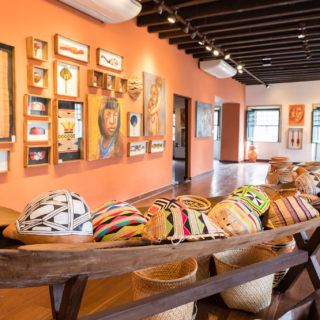
The Bahian people are certainly the best thing about this magical land
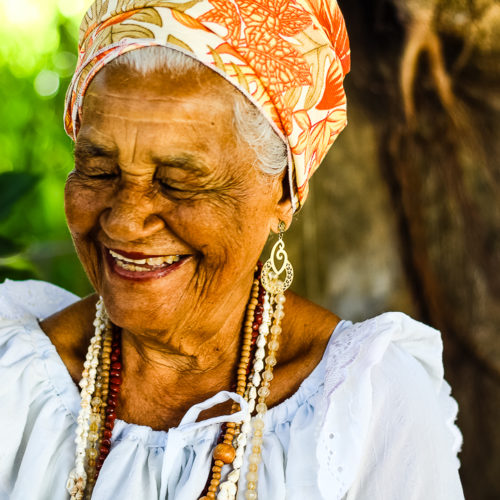
Tomé de Sousa, colonizer, arrived in Brazil in 1549 with orders from the king of Portugal to found a fortress city in the All Saints Bay. Thus, on March 29 of that year, São Salvador was born, the seat of the General Government, the first city founded in the lands of Brazil, for many years the largest city in the Americas.
From this land, people of African, European (with the predominance of Portuguese), Tupinambá or Tupiniquim, Gês (Jê) or Tamaio or Tapuia, Kariri or Kiriri were born. The Bahian is a physical and cultural mestizo who has always been nourished by an infinite range of knowledge, derived from this ancestral mixture.
A fierce people, who fought for the Independence of Brazil in Bahia, facing Portuguese troops for more than 17 months (from February 1822 to July 1823). An army of ordinary people united by a single objective, where poor whites, Tupinambás, freed blacks and enslaved people sent by their masters joined regular soldiers and went to fight. In the early hours of July 2, 1823, the city of Salvador received “caboclos” and “caboclas” as winners, deserving of this land.
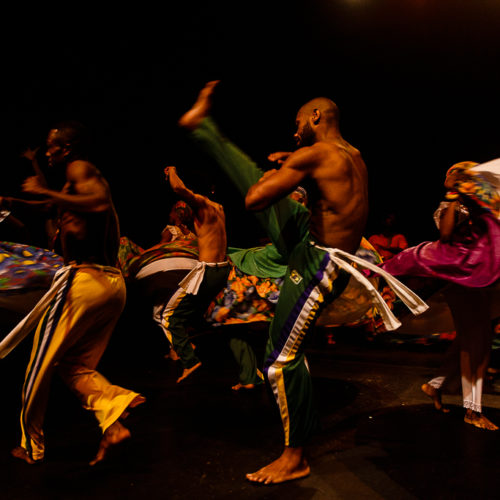
Today, the city of Salvador is proud of the “black mecca” title, the blackest city outside Africa. No wonder, there are several elements of the enormous African cultural contribution to Bahian culture, such as vocabulary, cuisine, customs and spirituality. From that continent of many peoples, languages and cultures, people belonging to the most different nations were taken to Bahia. There are those who descend from the west coast of Africa, which today comprises Ivory Coast, Cameroon, Togo, Benin, Nigeria, Equatorial Guinea, Gabon and Angola.
In these 471 years of Salvador, never, not even in the noblest dreams, could anyone imagine the direction that Bahian society would take. No one could imagine that it was going to name buildings in Yoruba, that people would be traveling here exactly because of such ancestral symbolism. On this land, African peoples syncretized popular festivals with such mastery that it’s impossible to dissociate these ones from candomblé: Lavagem do Bonfim, Santa Bárbara and Iemanjá. And yet, that the Afro-Brazilian blocks would be at the heart of the biggest party, the biggest local industry: Carnival.
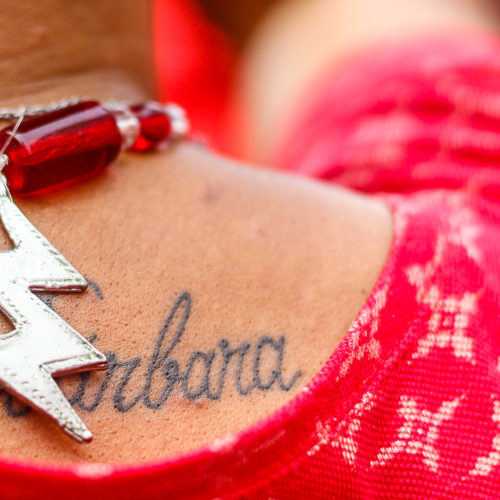
Salvador is rich in history, tradition, natural beauty, but the city is definitely made up of people. The Soteropolitan has a way of speaking, of moving, which is even a little hard to explain. An accent, a rhythm, a way of looking. Bahia usually arouses passions. Perhaps for its musicality, its gastronomy, or for the sunset and its calm sea. More than that, Salvador gives a sense of belonging, to those who are from here and anywhere else.
Land of Maria Quitéria, Santa Dulce dos Pobres and Mãe Menininha do Gantois. A city of faithful, partying and hardworking people. People who, in 2019, mobilized and went to take the oil away from the beaches, from the disaster that devastated the entire Northeast. City in which the largest part of the population lives in the ghetto, people who get up every day with guts and determination to face daily challenges and still maintain a smile on their faces.
Here, there are very welcoming people, who wear white on Friday, who like São João as much as they like Carnival. People who eat acarajé and sometimes “eat water” watching a Ba-Vi classic match. The pride of being Soteropolitan, of calling Salvador “my country” and saying that Bahian people have to be studied hangs in the air. And they are right, because if you think of any absurdity, Bahia has a precedent!
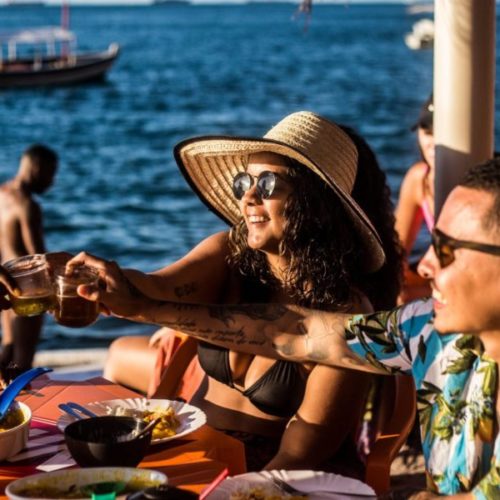
You, who are not from here, keep dreaming and come visit when you can. We will be here with open arms. For you who live in the city, always remember where you are now, all the history and especially all the achievements that took place here. Try to hear the sounds of rum, rumpi and lé better and always believe in your axé.
By Fernanda Slama
Content Coordinator
Know more:
Book: História da Bahia, by Luís Henrique Dias Tavares, historian, professor emeritus at the Federal University of Bahia (UFBA).
Carta Capital Article – Salvador is the black mecca: every black person needs to go at least once.
Article – The Independence of Brazil in Bahia

